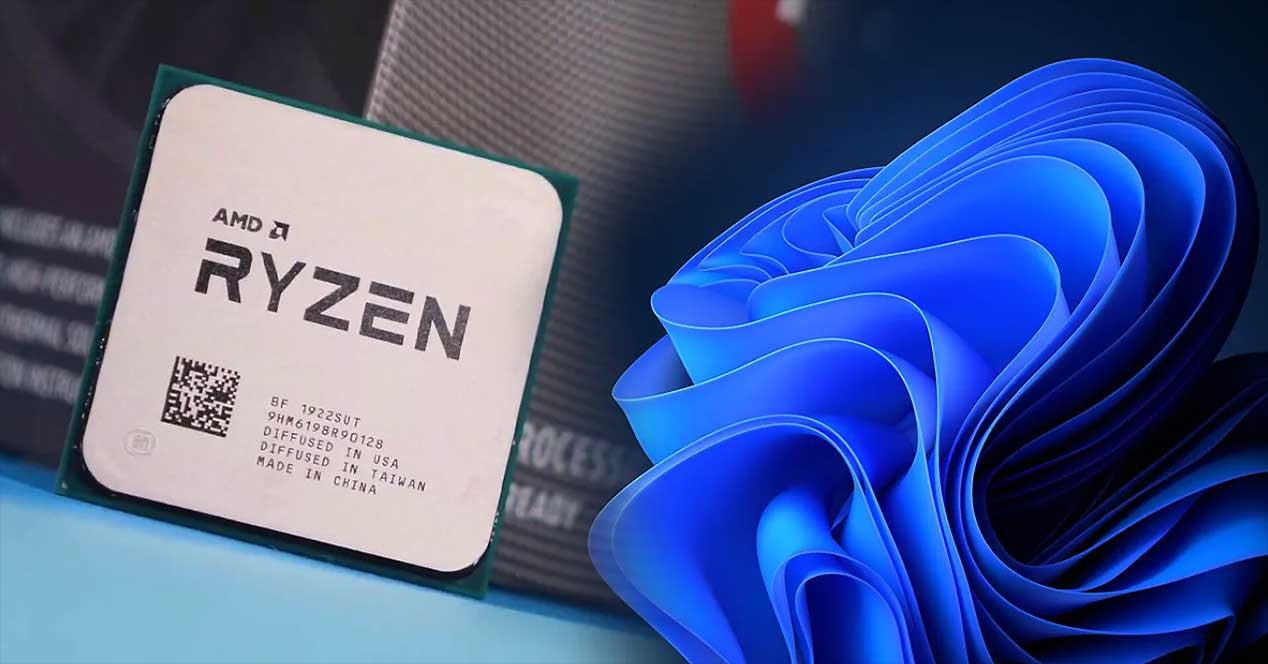There’s a combination of components, technology, and software that haven’t gotten along lately and when they seemed to get along again, another problem popped up. We are talking about AMD, TPM 2.0 and Windows 11, to which we must now add Windows 10, where countless performance problems are reported on AMD PCs. On the other hand, other users have no problem, so what happens?
The L3 cache performance issue of AMD processors was very famous and we have covered it in detail, where Windows 11 was the main concern of the users. Fixed this error and although Windows 10 performance was not 100%, today and after patches and updates, it can be assured that it has been resolved without losses, but just at the when one ends, another begins. This is the story behind AMD’s new performance issues.
Stuttering and audio bugs no longer remain in Windows 11
What is reported by forums around the world, but especially on Reddit, are precisely very specific performance issues centered on stuttering, which is longer than expected and therefore more obvious. Normally, stuttering or even micro stuttering occurs in punctual moments which make the gaming experience less than optimal, since we will be playing with small jumps or jerks, normally noticeable only by more experienced players.
In AMD’s case, this happens even outside of games, in Windows 10 or 11 on the desktop or browsing, which is no longer normal. It’s not a constant stutter, but it’s noticeable and also directly affects the audio, which is momentarily lost and shows a bigger problem.
How is it possible for this to happen if it comes to individual issues?
Performance issues on AMD PCs with fTPM
Little by little this problem of AMD and Windows 11 has been delimited, since as we say it also affects Windows 10 at present and everything seems to focus on the same point: TPM 2.0 or fTPM at AMD by firmware.
Enabling it in the BIOS causes many users to experience the described issues without yet finding a common connection point that marks the problem. Several partial freezing issues were read that we also suffered and witnessed, where curiously we also have active fTPM.
This error which seems to be the fault of Microsoft or the latest AMD drivers (the culprit has not yet been diagnosed) is more present in the latest OS Redmond, while in Windows 10 it seems more strange. The solution for now is to disable fTPM or remove the physical module if we do not have the first, where the operating system should return to normal operation and in games.
The issue has not yet received a response from AMD or Microsoft, who could assess where the error is coming from and how it is possible that fTPM or TPM 2.0 is interfering with occasional stuttering or missing audio.










